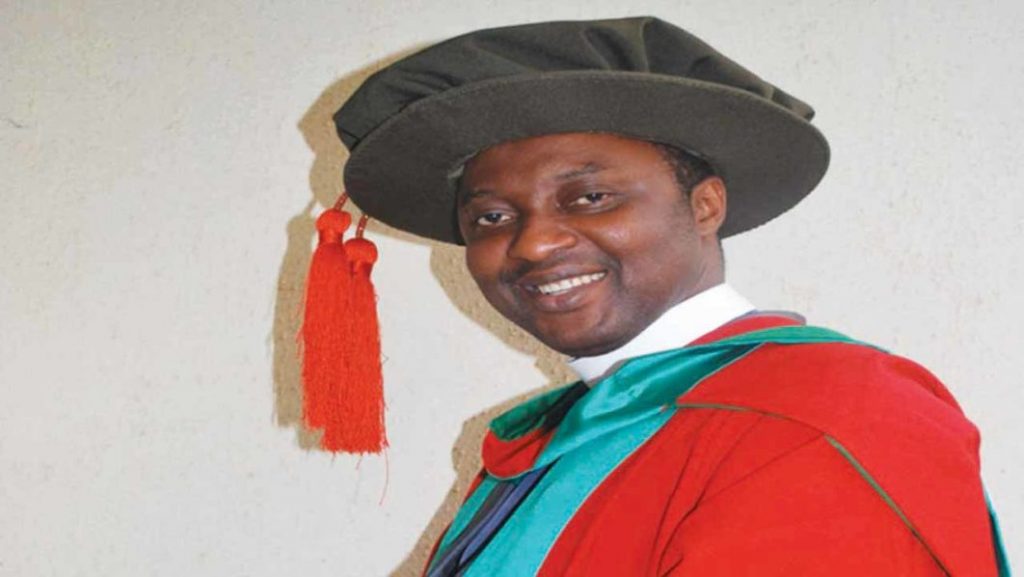Sexagesima literally means “sixtieth day,” though it only falls 56 days before Easter. It is the second Sunday before the start of Lent, and thus, the eighth Sunday before Easter.
The Collect for the day indicates certain points about divine healing, namely:
• Jesus healed the sick and restored them to wholeness of life.
• The world is presently in anguish and miserably sick.
• God can heal the world, which includes both men and nations.
The Set Readings for the day for Holy Communion are all on healings from the Lord. The Old Testament passage (2Kgs 5:1-14) is the story of the healing of Naaman. Naaman was a great man, but leprous. All the greatness and connection of Naaman could not give him healing. It was only by God’s grace, which he accepted by act of faith and submission that he was eventually healed. The Epistle (James 5:13-16a) is James’ prescription on how to receive spiritual healing; and the Gospel (Mk 2:1-12) is the record of the Lord’s healing of a paralytic.
God describes Himself in the Bible as the Lord that heals (Jehovah Rapha, Exod. 15:26). This is a clear way of associating Himself with healing or relating healing to whom He is and what He does. It reveals God’s disposition to healing. It is not only that it is God’s will and nature to heal; it is also His name. It is whom He is and what He does, which He is also much capable of. God is Almighty and able to heal. With God, nothing is impossible, and no sickness is incurable. He is the “last bus stop”.
Healing was a significant aspect of the ministry of Jesus and the Apostles. There is a total of 21 personal healing miracles in the Gospels, netting out the duplicates. They not only confirm the message, but also show us that we too can be healed. The healings in the Bible reveal God’s heart. God has not changed and He still acts in love in healing.
Paul taught that the Holy Spirit invests some believers with the gift of healing. (1 Cor. 12:8). Reading the Book of Acts makes it clear that early believers saw people being healed and expected healing when they asked for it. And from church history, we see that the belief that God answered prayers for healing was taken for granted. We can ask for healing and expect a positive outcome.
Several points need to be noted about sickness and divine healing:
• Sickness is not only in body, but also in mind and spirit. There are different conditions and attitudes of men, which can as well, be described as sickness. Nations and societies can also be sick. However, God can heal all manners of sickness.
• Causes of sickness differ – sin, carelessness, fate, genetic, etc. – and will ordinarily need to be diagnosed for treatment and prevention.
• The cause and extent of a sickness are not necessary for divine healing. God can heal any sickness, no matter the cause or how long it has stayed, even if it has unknown cause and is from birth.
• Divine healing is a divine gift and is to be received by faith. Its administration is not confined to any method, and does not exclude medical treatment.
The Venerable Dr Princewill Onyinyechukwu Ireoba, FIMC, CMC is the Rector, Ibru International Ecumenical Centre, Agbarha-Otor, Delta State. https://ibrucentre.org
princewillireoba@gmail.com, trinityfoundationibrucentre@gmail.com

